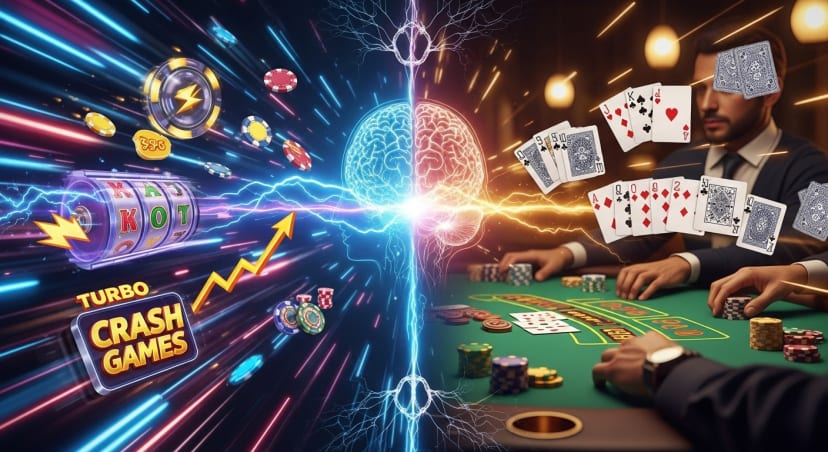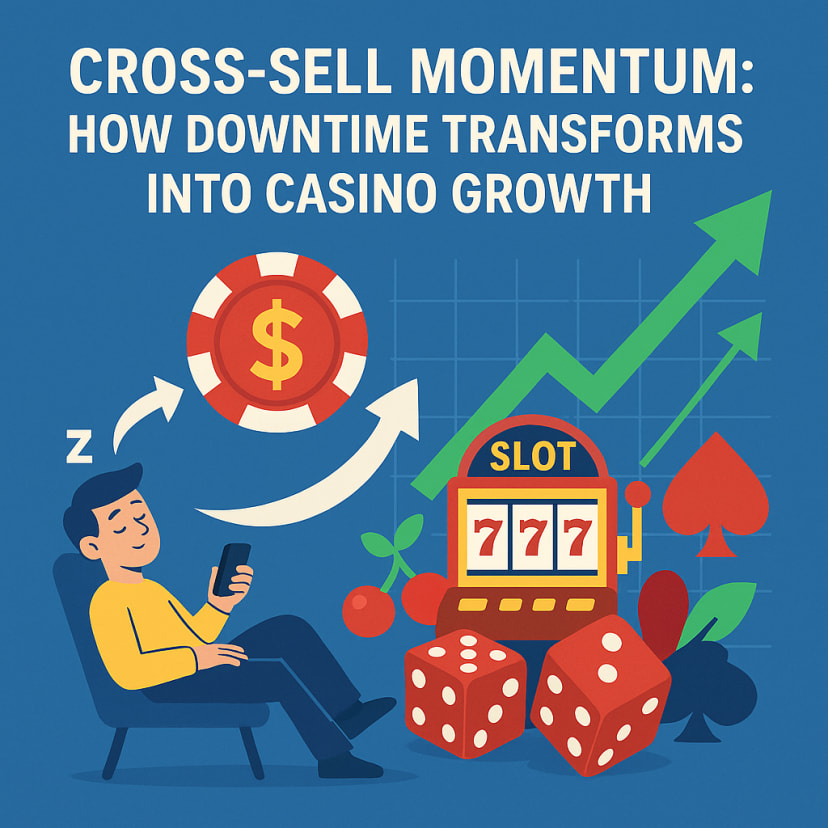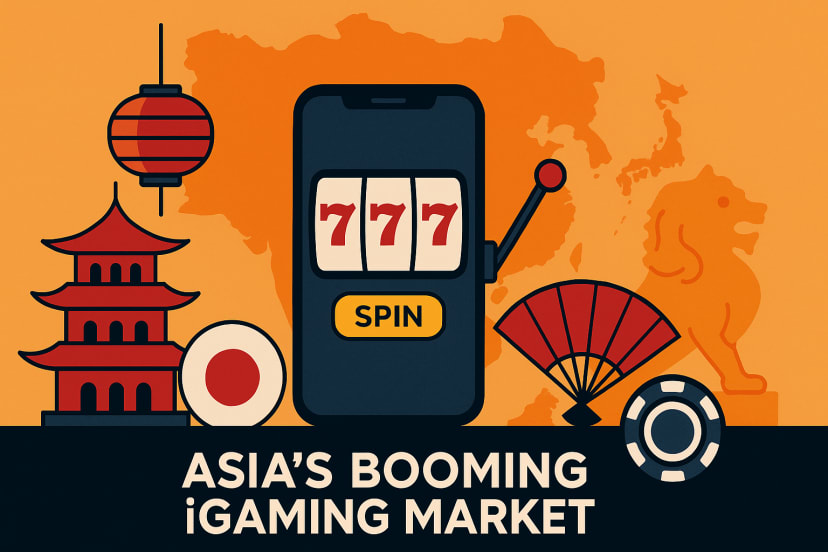How to Handle Losses in Online Casinos: Avoiding Financial Setbacks

If you've ever found yourself chasing losses or feeling the pinch after a casino session, know that you're not alone. Many newcomers to online casinos in Singapore can feel disheartened by initial losses. However, it's crucial to understand that there are smart strategies and techniques to manage these setbacks effectively. What's more, seeking support and implementing certain practices can help you cope and prevent further financial strain.
How Does Problem Gambling Develop in Singapore?
For many in Singapore, gambling starts as a bit of harmless fun, a way to chase a thrill or dream of a big win. But without responsible management, it can unfortunately escalate. It often begins with casual bets, but the excitement and the allure of winning can push individuals towards more frequent play. It becomes a real issue when it starts impacting your finances, mental well-being, and relationships. The desperate urge to chase losses and recoup money can be the tipping point where gambling shifts from entertainment to an unhealthy obsession.
Navigating Back from Gambling Losses in Singapore
Trying to win back money you've lost, often called "chasing losses," is a common trap that usually leads to more severe financial strain. Once you've accepted a loss, it's vital to resist the urge to keep playing in a bid to recover funds. This behaviour can worsen the problem and deepen the financial hole, creating a vicious cycle. Recovering from gambling losses can be tough, but there are effective strategies available to help you get back on track.
Acceptance and Reflection are Key
Accepting that you've incurred losses is the very first step towards recovery. Acknowledge the losses and take a moment to reflect on your gambling habits. Honestly assess your actions and identify what triggers led to these losses. Understanding your patterns is crucial for making positive changes. Recognizing the issue is pivotal for moving forward and regaining control over your gambling.
Set Smart Limits and Budgets
Establish strict limits and budgets for your gambling activities. Define the amount of money and time you can afford to spend on gambling. Stick to these limits religiously to avoid impulsive decisions when emotions are high. Budgeting helps maintain financial stability and prevents catastrophic losses that could impact your life outside of gambling.
Take a Break
Sometimes, the best approach is to step away. Taking a break from gambling allows you to clear your mind and reassess your priorities. It offers an opportunity to break the cycle of losses and emotional strain. Use this time to focus on other activities and hobbies that bring joy and fulfillment, redirecting your attention away from gambling.
Seek Support and Counseling
It's essential to seek support from friends, family, or professional counselors. Opening up about your struggles with gambling can be a relieving experience. Counselors and support groups can provide valuable advice and strategies to cope with losses and work on changing your gambling habits for the better.

Tips to Help You Stop Chasing Losses
- Self-Exclusion: Consider self-exclusion programs offered by casinos. These programs prevent you from accessing gambling platforms for a set period, aiding in breaking the cycle of chasing losses.
- Take Regular Breaks: Implement regular breaks during your gambling sessions to maintain a clear mind and prevent impulsive decisions.
- Find Alternative Activities: Engage in other hobbies or activities that you enjoy. This diversion can help reduce the desire to continuously gamble to recover losses.
- Monitor Your Emotions: Be aware of your emotional state while gambling. If you find yourself feeling distressed or upset due to losses, it's time to stop and reassess.
Get Help for Gambling Addiction
If you find that your losses are affecting various aspects of your life and you're unable to control your gambling habits, seeking professional help is crucial. Counseling, therapy, or joining support groups specialized in gambling addiction can offer you the necessary tools and support to overcome the issue. Several organizations provide assistance and guidance, ensuring you're not alone in your journey to recovery.
Remember, recovery from a gambling loss is a process that requires dedication, support, and self-awareness. By implementing these strategies and seeking help, you can take the necessary steps towards regaining responsible control over your gambling habits and finding a healthier balance in your life.
FAQ
Why do players experience losses in online casinos?
Losses in online casinos can stem from various factors, including the inherent chance-based nature of many games, a lack of strategic play, or impulsive decision-making. The house edge, which is a built-in advantage for the casino, also significantly contributes to players experiencing losses over time.
How can I effectively manage my budget when gambling online?
Establishing a strict budget and adhering to it diligently is paramount. It is advisable to allocate your gambling funds wisely, avoid the common pitfall of chasing losses, and never exceed your predetermined spending limit to maintain control.
What steps should I take after experiencing a significant loss in an online casino?
After a substantial loss, it is crucial to take an immediate break from gambling. Use this time to reflect on your gambling habits and resist any urge to make impulsive decisions aimed at recouping the loss. If the emotional impact is significant, consider seeking professional support or counseling.
Are there effective strategies to help prevent continuous losses in online gambling?
Indeed, several strategies can help mitigate continuous losses. These include setting strict time limits for your sessions, utilising budgeting tools often provided by online casinos, and focusing on games that incorporate elements of skill and strategy, which can improve your odds.
How can I resist the temptation to chase losses after experiencing a setback?
To effectively avoid the urge to chase losses, consider implementing a self-exclusion program if available, taking regular and deliberate breaks during your gambling sessions, and actively engaging in alternative hobbies or activities outside of gambling. These measures can help break the cycle of impulsive play.















